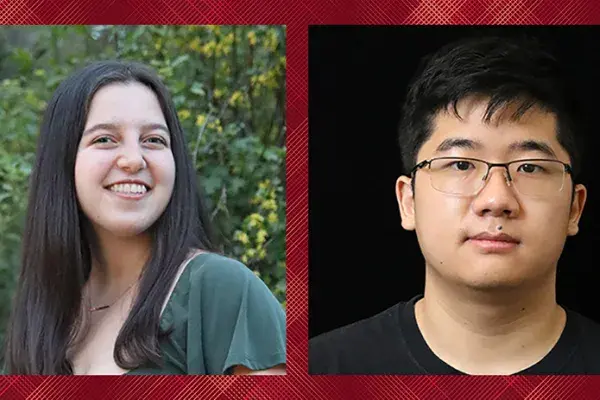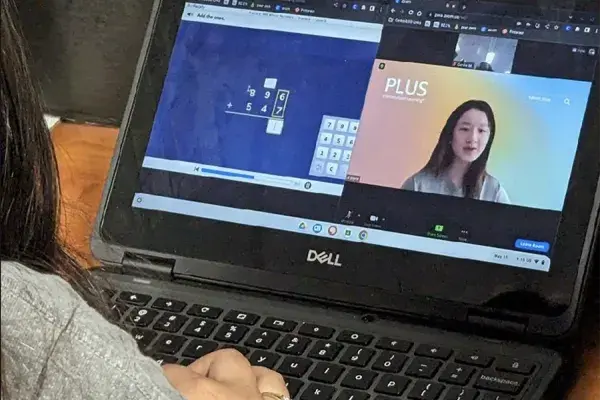
Protecting Audio Privacy at the Source
Sound is a powerful source of information. By training algorithms to identify distinct sound signatures, sound can reveal what a person is...

Howse, Tsui Receive 2025 Stehlik Scholarship
School of Computer Science seniors Gabriella Howse and Connor Tsui both walk the halls of the Gates-Hillman Centers and mentor their fello...

CMU Researchers Help Launch Project To Improve Education
Researchers at Carnegie Mellon University's School of Computer Science (SCS) are part of a nationwide project harnessing data from virtual...

Hudson Named 2024 ACM Fellow
Professor Scott Hudson is one of 55 distinguished computer scientists named to the class of 2024 ACM Fellows by the Association for Comput...

SCS Researchers Develop Method To Transmit Power Through the Body
People with diabetes rely on continuous glucose monitors to keep track of their blood sugar, but eventually the monitor's batteries need t...

Virtually Accessible
When Atieh Taheri first donned a virtual reality headset and started walking around a virtual world, her experience didn't match what she ...

Accessing Recipe Information Without Looking
"Cook until golden brown" is a recipe instruction virtually every home cook encounters. It's simple enough for sighted people to follow bu...

SCS Research Highlights Kids' Role in AI
Seated at a laptop and surrounded by other students, a young girl asked an image generator powered by artificial intelligence to create a ...

HCII Seeks Applicants for 2025 Summer Research Program
Application available until mid-JanuaryThe Human-Computer Interaction Institute (HCII) Summer Undergraduate Research program is an opportu...


